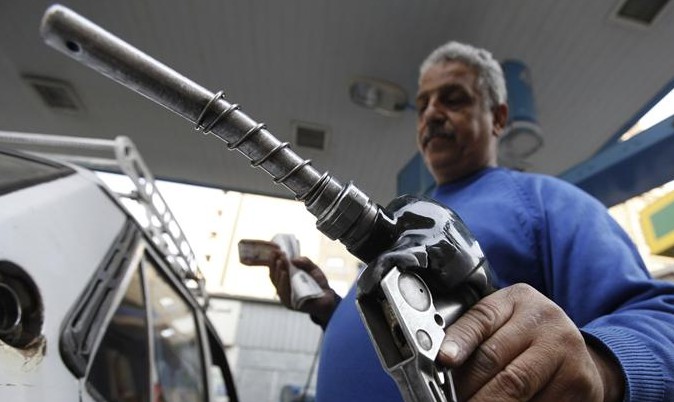Egypt will “completely” lift subsidies on fuel during the upcoming financial year 2019-20, the country’s petroleum minister announced yesterday.
Tarek Al-Molla told Egypt’s daily Al-Youm Al-Sabea that the decision to lift fuel subsidies “won’t be implemented until the local market is ready and able to deal with it.”
Egypt’s financial year begins in early July and lasts until the end of June of the following year.
The government, Al-Molla pointed out, spent 22.5 billion Egyptian pounds ($1.2 billion) on fuel subsidies in the first quarter of the financial year 2018-19.
The minister added that the government had spent 45 billion Egyptian pounds ($2.5 billion) on hydrocarbons subsidies at the end of December. “Egypt plans to spend 89 billion Egyptian pounds ($4.9 billion) by the end of June 2019,” he added.
On Monday, the Egyptian Prime Minister Mostafa Madbouli decided to link the local price of high octane gasoline 95 y to the global prices on a quarterly basis and to form a committee to establish a “petroleum automatic pricing system.”
But El-Molla stressed that the government would not link the price of gasoline 80 and 92 to global prices until June 2019. “We won’t risk taking action that would cause anxiety or inconvenience to citizens,” he reiterated.
Since the start of the incumbent President Abdel Fattah Al-Sisi’s first tenure in May 2014, Egypt has embarked on a multi-sectoral nation-wide reform programme in an attempt to revive an economy that battered by political upheaval after the 2011 revolution and to ease a US dollar shortage that has crippled import activity and hampered recovery.
In November 2015, Egypt won a three-year $12 billion International Monetary Fund (IMF) loan, which aimed at reviving the country’s struggling economy, bringing down public debt and controlling inflation while seeking to protect the poor. Since then, Energy subsidies were cut, taxes increased, the Egyptian pound was allowed to float, and a set of laws was introduced to facilitate business.
Middle East Monitor

